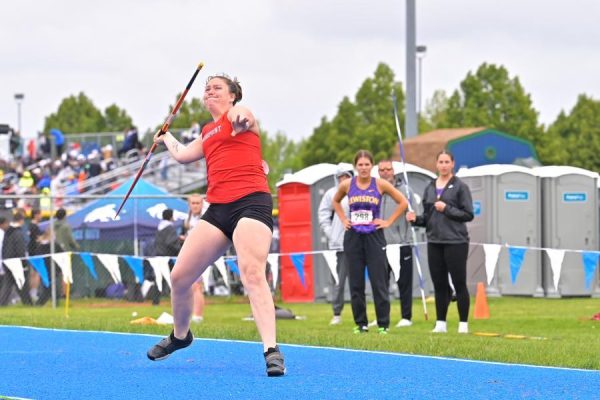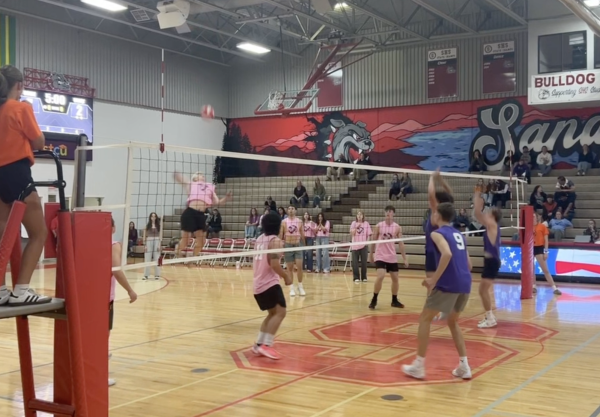EAT LIKE AN ATHLETE
Students go to great lengths to stay in shape for sports
For most high schoolers it is far too easy to take advantage of a speedy teenage metabolism by consuming mass amounts of fast foods, sweets, and chips with little concern of repercussions; however, for student athletes of all sports, maintaining a nutritious diet is paramount to a successful season.
Eating healthy foods is undoubtedly beneficial, but for student athletes, food acts as an essential energy source, and, without the correct balance of proteins, carbohydrates and vitamins, it is more likely for one to perform poorly and obtain sports-related injuries.
“It’s important to stick to a diet as an athlete because the fuel that you put into your body can determine how well you perform during a game and how efficiently your body rebuilds itself after a workout,” said freshman Emilia Lynch, who played varsity Girl’s Soccer this past season. “For me individually, it’s important to do so because I have asthma, and I noticed that what I eat before practice either benefits or negatively affects my performance.”
Timing also plays a pivotal role in nutrition for student athletes, whether it be eating no less than one hour before a sporting event or “carbo-loading” at a pasta feed the previous night.
“Timing of eating is especially important before races to ensure the best performance, and balance between too much food in your system before the race that can give you side aches, but also make sure you have enough food so that you do not feel weak,” said junior Katherine Kaul, a three sport athlete.
While proper nutrition is important for all athletes, there is not a single “one-size-fits-all” plan, and diets differ between sports.
“In football my coaches always told me to eat lots and lots of protein throughout the day in order to put on weight. However, during track season I don’t eat as much because I don’t need to gain weight,” senior Spencer Bassett said.
In wrestling, athletes must often follow a strict diet in order to meet the requirements to wrestle at a certain weight class.
I personally do follow a diet during wrestling season, and it just consists of healthy, energizing food that won’t affect my weight,” sophomore Casey Oleson said. “My cardio is better, along with my sore muscles healing faster, [and my] mind is more clear.”
While most coaches do not require athletes to stick to a specific diet, it is often recommended and for many, the decision to eat healthy is self-motivated.
“Pescetarianism (a diet that excludes all meats except fish) isn’t the answer for everybody, but diets are pretty important, especially for running, because you want to eat healthy so your body can recover properly and have the energy to keep training for whatever sport you need to,” said Sophomore Sloan Woodward.

Cienna Roget is a senior and it is her second year on staff. She is the managing editor.

Lauren Sfeir is a Senior and is Photo Editor for the Cedar Post. This is her second year on staff.









